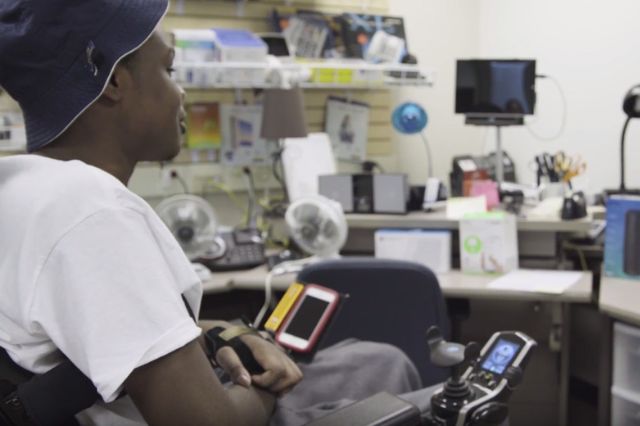Types and Causes of Chronic Pain
Understanding the two types of chronic pain and how to identify their causes and symptoms
Chronic pain varies widely between people, depending on its context and how the spinal cord and brain interpret these changes across the body.
Usually caused by an injury, such as a pulled muscle or sprain, chronic pain develops after nerves become damaged, making the pain more intense and long-lasting. Chronic pain is sometimes experienced without prior injury due to an underlying health condition.
To help define the different types of chronic pain, doctors have categorized chronic pain into two types, which are distinguished according to the location of the damage. These types are nociceptive and neuropathic pain.
Nociceptive Pain
Nociceptive pain results from damage to the body tissue caused by an injury outside the nervous system. When activated, the nociceptors notify the brain about the injury, sending a pain signal to the body. In chronic nociceptive pain, the nociceptors may still send these pain messages long after the original injury has healed.
Causes of Nociceptive Pain
As the most common type of chronic pain, nociceptive pain is often caused by an external injury in the joints, muscles, tendons, and bones. Examples of injuries that may cause chronic nociceptive pain include:
- Rotator cuff injuries
- Tennis or golfer’s elbow
- Ankle sprains
- Plantar fasciitis
- Osteoarthritis
- Bursitis
Types of Nociceptive Pain and Their Symptoms
Somatic Pain
Somatic pain stems from injuries to the outer body, like the skin, muscles, tendons, joints, or bones. Examples of chronic somatic pain include arthritis or joint injuries. The pain can feel like an ache, a throbbing sensation, or a sharp pain.
Visceral Pain
Visceral pain stems from internal organs, specifically in the abdomen or chest cavity. It can also cause referred pain, meaning it is felt in a body part other than its source. Examples of chronic visceral pain include bladder pain, endometriosis, or migraines. Visceral pain symptoms can include deep and dull aching pain.
Neuropathic Pain
Neuropathic pain, also known as nerve pain, results from damage to the nervous system, which includes the brain, spinal cord, or peripheral nerves. It also can result from infection or other health conditions. Damage to these nerve fibers disrupts how information is sent from the brain and spinal cord to the rest of the body. This disruption impacts sensory information, often changing how touch, temperature, movement, and pressure are experienced.
Causes of Neuropathic Pain
Neuropathic pain is often a result of conditions that affect the nervous system. Examples include:
- Diabetes
- Stroke
- Guillain-Barré syndrome
- Multiple sclerosis
- Complex regional pain syndrome
Other causes of neuropathic pain can include:
- Phantom pain from limb amputation
- Spinal nerve compressions or inflammation, such as carpal tunnel syndrome or sciatica
- Trauma resulting in nerve damage, like spinal cord injury
Symptoms of Neuropathic Pain
As one of the most intense types of chronic pain, neuropathic pain primarily impacts the lower back, limbs, and neck. Symptoms of neuropathic pain are often described as follows:
- Shooting
- Burning
- Stabbing
- Tingling or “pins and needles”
- Numbness
When should I see a specialist for my chronic pain?
Any time you experience long-lasting pain, visit your healthcare provider to help determine what may be causing your chronic pain.
At the Pain Institute at Shepherd Center, our care team has exceptional knowledge and experience in treating patients with chronic pain. We also use the latest imaging technology to establish a precise diagnosis, treat pain at its source, and provide extensive rehabilitation plans to ensure the best possible opportunity for long-term improvement.
Dean Stroud Spine and Pain Institute at Shepherd Center
Contact Us
Our Address
2020 Peachtree Road NW
Atlanta, GA 30309-1465
Clinic Hours
Monday to Thursday
8:00 a.m. – 4:00 p.m. ET
Friday
8:30 a.m. - Noon ET




